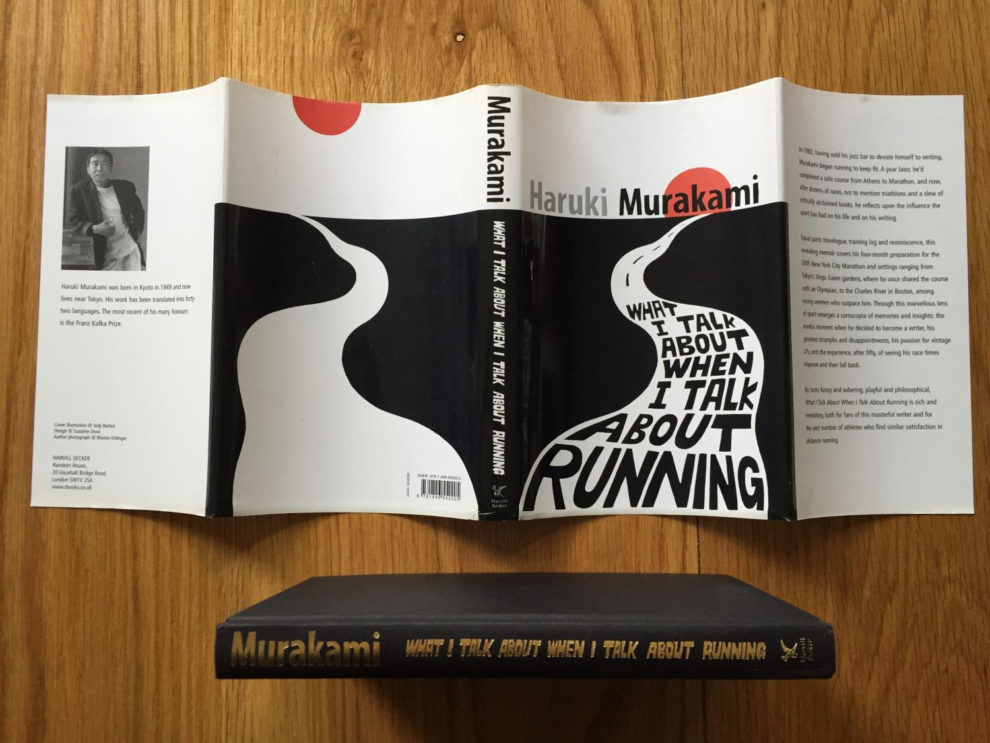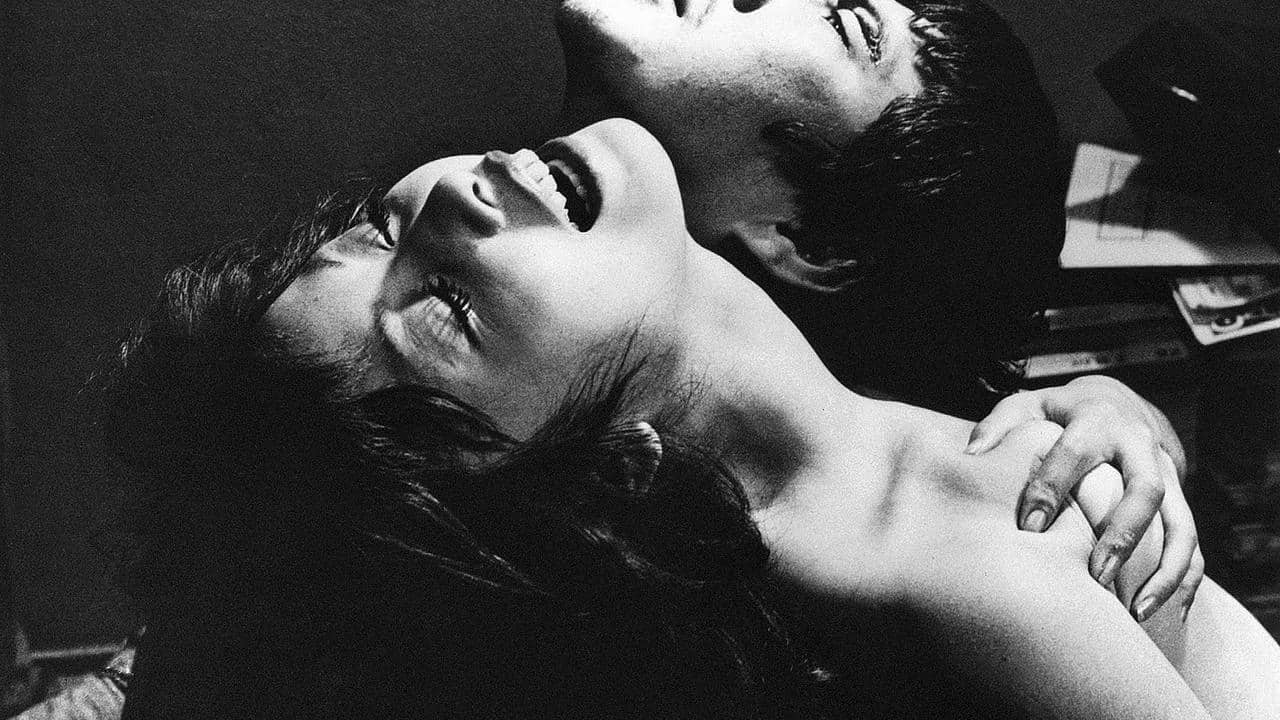By Christina Litsa
Haruki Murakami, then based in Hawaii, recalls his early career as a jazz club owner, his sudden decision to write a book in his thirties and the inevitable change that came in his life after closing his club to achieve a steady and successful presence in writing, while he lists his experiences in marathons and in an ultramarathon.
Buy This Title
From times to times, it seems that prolific writers feel the unbeatable need to discuss with the reader about the starting point, the inspiration, the reason behind their craft, in conjunction with their struggle of choosing the ultimate word to jot down in a hard-covered journal (as I like to imagine), the art of wording, a subtle one someone might think, but also one that requires a great deal of stamina as Murakami declares in his non-fiction book “What I Talk About When I Talk About Running”. While Virginia Woolf in “A Room of One's Own” or Margaret Atwood in “Negotiating with the Dead” use the conventional way of the essay to express their thoughts about literature sincerely, Murakami in the 00's felt the urge to talk about writing through his experience of long-distance running. To set things straight, although it's no secret the book's name is taken from Raymond Carver's play “What We Talk About When We Talk About Love” (if you're not aware with the text, remember the scenes from Inaritu's “Birdman” when the cast rehearse a certain act from the same play) a more appropriate title would have been “What I Talk About When I Talk About Running Is That I Meant To Say Writing”.
To avoid any misconception, Murakami calls his 2008 book “a memoir” as he recognized himself always as a writer and a runner. Therefore, if you are really into hardcore jogging, you won't get any enlightenment by reading this book since it's not a tutorial or a user's manual about breaking records and competing others. It offers some general knowledge, though, like how to distinguish a marathon from an ultra-marathon, how to stretch during a break from running, what to eat to maintain a healthy body and other less objective information like what kind of music – it's a Murakami book, after all- helps you to keep a certain pace
At first glance, a reader could easily empathize with Murakami. He runs because this is his only option. He runs to keep fit. He runs in order to remember insignificant incidents of a past that strangely defines Life. He runs “to acquire a void”. A shelf-psychoanalysis. At this point, he really reminded me of Forrest Gump and his endless, no reason running – a weird association to a multiple times Nobel nominee. Secondly, there's this sense of repetition that Murakami combines with the concept of habit. He thinks that consistent training comes with a kind of hindu chant, a prayer of repetitive words that aim to concentration and endurance. A revelation that hints the writer's realization after taking part in several marathons towards the end of the book that long-distance running is a trial, a heavy cross that doesn't demand just your focus but a commitment that results in a divine-like level of performance. Consequently, that divine-like level of performance is the state that a professional writer has to preserve in order to gain the endurance that the “unhealthy” work of long-term writing requires for the writer to be always productive and never to face the infamous writer's block.
Apart the writing know-how, what this attempt offers to anyone interested is the familiarity which the simpler language of the book builds between the reader and the creator and it's also the reader's curiosity that is being filled about the once anonymous Murakami and his former “unhealthy” work in this jazz club in Japan that it is always stated in the short CV of the writer behind every cover of a book of his. A memoir, a write's manual, a love letter to running and the least defining book of his style. And yet, tentatively hidden, there's the unhealthy main occupation necessarily combined with the healthy past-time, a diptych that serves well Murakami's ambiguity.
















